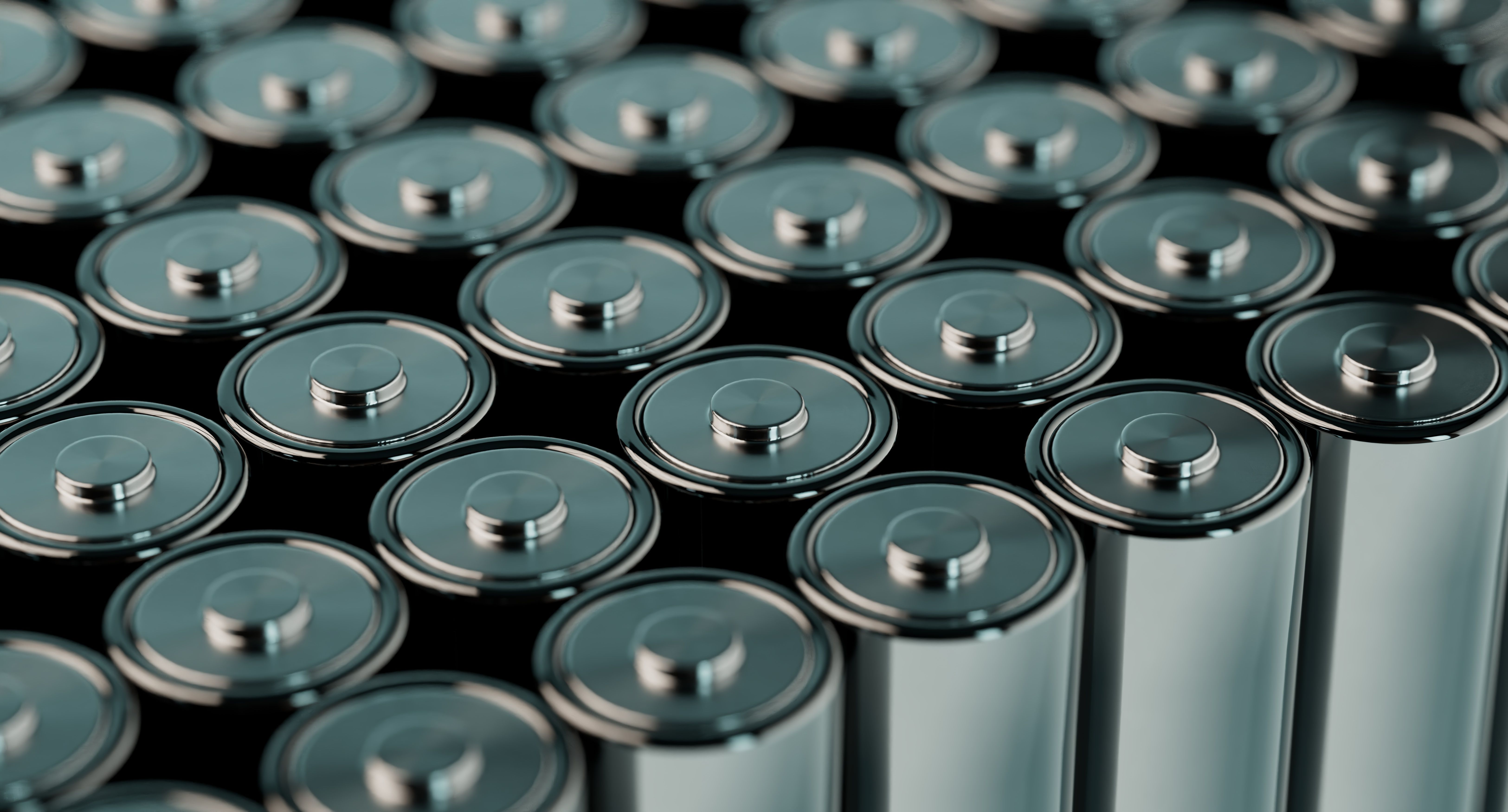Batteries for Lighting and Small Equipment
Understanding Battery Types
When it comes to powering lighting and small equipment, choosing the right battery is crucial for optimal performance and longevity. Batteries come in various types, each suited to different applications. The most common types include alkaline, lithium, nickel-metal hydride (NiMH), and nickel-cadmium (NiCd). Understanding the differences can help you make informed decisions for your specific needs.

Alkaline Batteries
Alkaline batteries are among the most widely used due to their cost-effectiveness and availability. They are ideal for low-drain devices such as remote controls, flashlights, and clocks. These batteries have a long shelf life, making them suitable for emergency kits. However, they are not rechargeable, so they need to be replaced once depleted.
Lithium Batteries
Lithium batteries offer a high energy density, making them perfect for high-drain devices like digital cameras and LED flashlights. They perform well in extreme temperatures, both hot and cold, and have a long lifespan. While more expensive upfront than alkaline batteries, their longevity and efficiency often justify the cost.

Rechargeable Batteries: NiMH and NiCd
For those looking to reduce waste and save money in the long run, rechargeable batteries are an excellent choice. NiMH and NiCd are the most common types of rechargeable batteries, each with distinct characteristics.
Nickel-Metal Hydride (NiMH)
NiMH batteries are popular for their high capacity and environmental friendliness. They are ideal for moderate to high-drain devices and can be recharged hundreds of times. However, they do have a higher self-discharge rate compared to other types, meaning they lose charge over time even when not in use.

Nickel-Cadmium (NiCd)
NiCd batteries are known for their durability and ability to deliver consistent power output. They perform well under high-drain conditions and are less affected by temperature variations. However, they contain toxic materials, so proper disposal is essential, and they have a memory effect, which can reduce their capacity over time if not fully discharged before recharging.
Choosing the Right Battery for Your Device
Selecting the appropriate battery requires considering several factors such as device power requirements, usage frequency, and environmental conditions. For occasional use devices, alkaline or lithium batteries may be sufficient. However, for frequently used equipment, rechargeable options like NiMH might be more economical and environmentally friendly.

In summary, understanding the various battery options available can significantly impact the performance and cost-effectiveness of your lighting and small equipment. By selecting the right type for your needs, you can ensure efficient operation while also considering environmental impacts.
Commercial Kitchen Marketplace
Your one-stop online destination for equipping professional kitchens. Discover a wide selection of durable, high-quality commercial-grade appliances, from heavy-duty ovens and refrigeration units to efficient food preparation tools and essential kitchenware. Visit our store: http://avice.org
